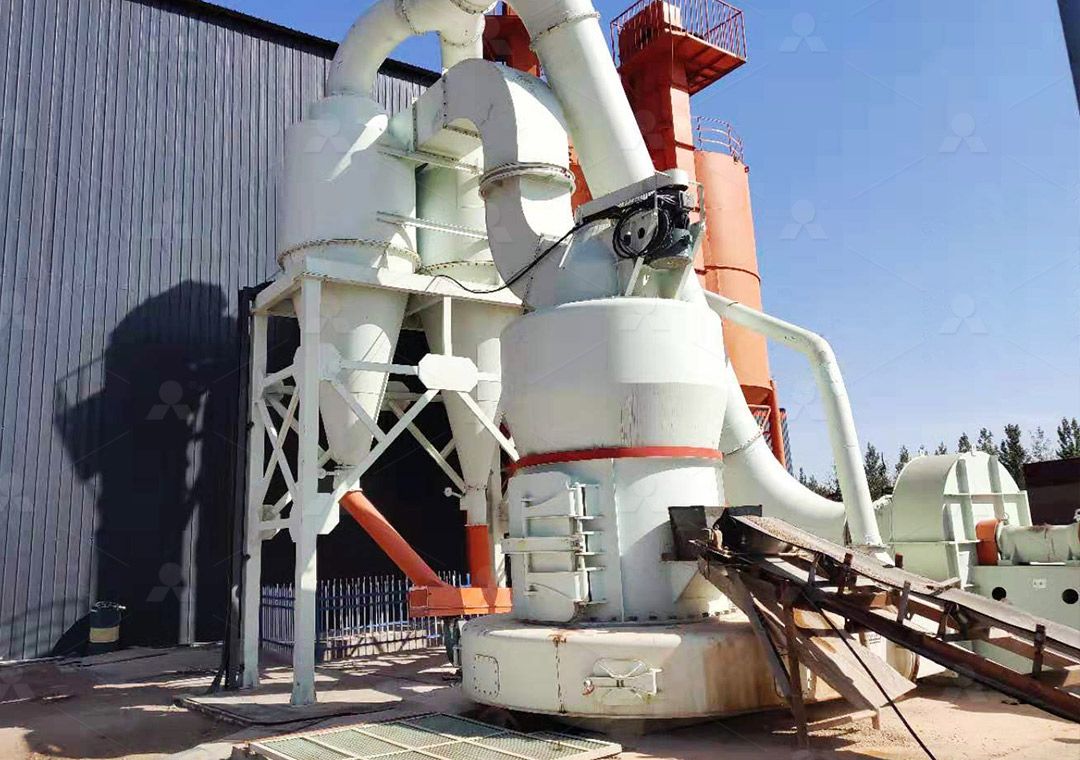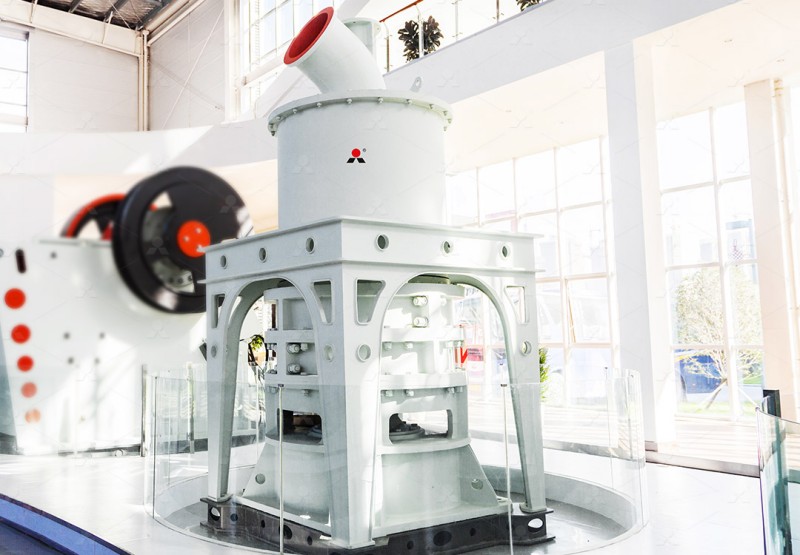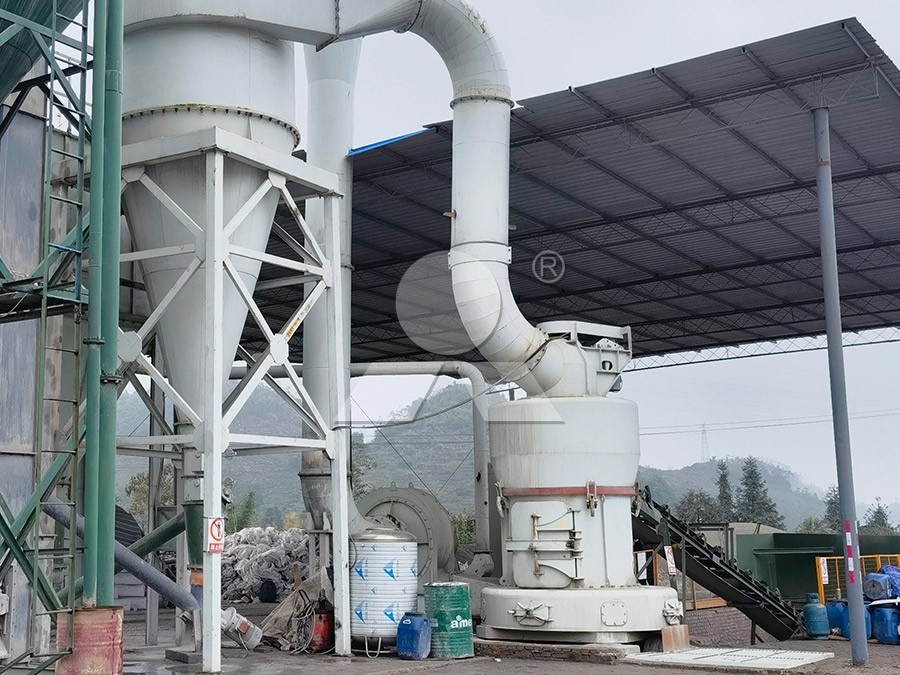20 Mesh Raymond Mill Equipment for Fine Powder Processing
We provide a wide range of mills — including Raymond mill, trapezoidal mill, vertical mill, ultrafine mill, and ball mill, obtained ISO9001 international quality certification, EU CE certification, and Customs Union CU-TR certification. Suitable for processing minerals such as limestone, phosphate, quicklime, kaolin, talc, barite, bentonite, calcium carbonate, dolomite, coal, gypsum, clay, carbon black, slag, cement raw materials, cement clinker, and more.
The discharge range of these mills can be adjusted to meet specific processing needs, typically from 80-400 mesh, 600-3250 mesh, and can achieve the finest particle size of up to 6000 mesh(D50).
If you are looking for a reliable grinding solution to turn stone or minerals into fine powder, please feel free to contact our online customer service.
Understanding 20 Mesh Powder Processing Requirements
In industrial powder processing, achieving consistent 20 mesh fineness represents a common requirement across multiple sectors. The 20 mesh specification, equivalent to approximately 850 microns, serves as a critical threshold for numerous applications where controlled particle size distribution directly impacts product performance and manufacturing efficiency. Traditional grinding approaches often struggle to maintain this specific fineness while ensuring operational economy.

The Evolution of Fine Powder Grinding Technology
Raymond mill technology has undergone significant transformation since its initial development. Today’s advanced iterations incorporate precision engineering that enables exact control over particle size distribution. Modern mills feature improved grinding curves, enhanced separator efficiency, and sophisticated control systems that collectively deliver superior performance for 20 mesh applications. The integration of digital monitoring allows operators to maintain optimal grinding conditions throughout production cycles.
Critical Considerations for 20 Mesh Production
When selecting equipment for 20 mesh powder processing, several factors demand careful evaluation. Grinding efficiency directly influences operational costs, while system stability determines production consistency. Environmental compliance has become increasingly important, with dust emission control and noise reduction now standard expectations. Maintenance requirements and spare parts availability further impact long-term operational viability.

Advanced Solutions for Modern Processing Needs
For operations requiring precise control at 20 mesh and beyond, our MW Ultrafine Grinding Mill represents a technological leap forward. This system processes materials with input sizes up to 20mm at capacities ranging from 0.5 to 25 tons per hour. The MW series incorporates several proprietary technologies that address common grinding challenges while delivering exceptional efficiency.
The innovative design eliminates rolling bearings and screws within the grinding chamber, significantly reducing maintenance concerns and potential failure points. External lubrication systems enable continuous 24-hour operation without shutdowns for maintenance. For operations requiring even finer control, the cage-type powder selector allows adjustment between 325-2500 meshes with exceptional precision, achieving d97≤5μm in a single pass.
Environmental and Operational Advantages
Modern powder processing must balance production requirements with environmental responsibility. The integrated pulse dust collector and muffler system ensures compliance with stringent emission standards while maintaining a clean working environment. The MW series demonstrates 40% higher production capacity compared to jet grinding mills and double the output of ball grinding mills at equivalent fineness and power consumption.

Application-Specific Configuration
The versatility of contemporary grinding systems enables customization for specific material characteristics and production requirements. For limestone, calcite, dolomite, and similar materials, the grinding parameters can be precisely tuned to optimize 20 mesh output. The digital processing capabilities ensure consistent machining precision, particularly for core components where tolerances directly impact performance.
Frequently Asked Questions
What is the typical energy consumption for 20 mesh powder production?
The MW Ultrafine Grinding Mill operates at approximately 30% of the energy consumption of comparable jet grinding mills while delivering higher throughput. The exact consumption varies based on material characteristics and production volume.
How does the system handle different material hardness?
Advanced grinding curves and pressure adjustment capabilities allow the mill to process materials across a wide hardness spectrum. The hydraulic system enables real-time pressure modification to maintain optimal grinding conditions.
What maintenance intervals are typical?
The absence of internal rolling bearings and screws extends maintenance intervals significantly. External lubrication points allow for routine maintenance without production interruption, with major inspections typically scheduled at 6-12 month intervals depending on operation intensity.
Can the system produce powders finer than 20 mesh?
Absolutely. The adjustable powder selector enables production from 325 to 2500 meshes, providing exceptional flexibility for operations requiring multiple product specifications from a single system.
How does the dust collection system perform?
The integrated pulse dust collector achieves efficiency rates exceeding 99.9%, ensuring compliance with international environmental standards while recovering valuable product that would otherwise be lost.
